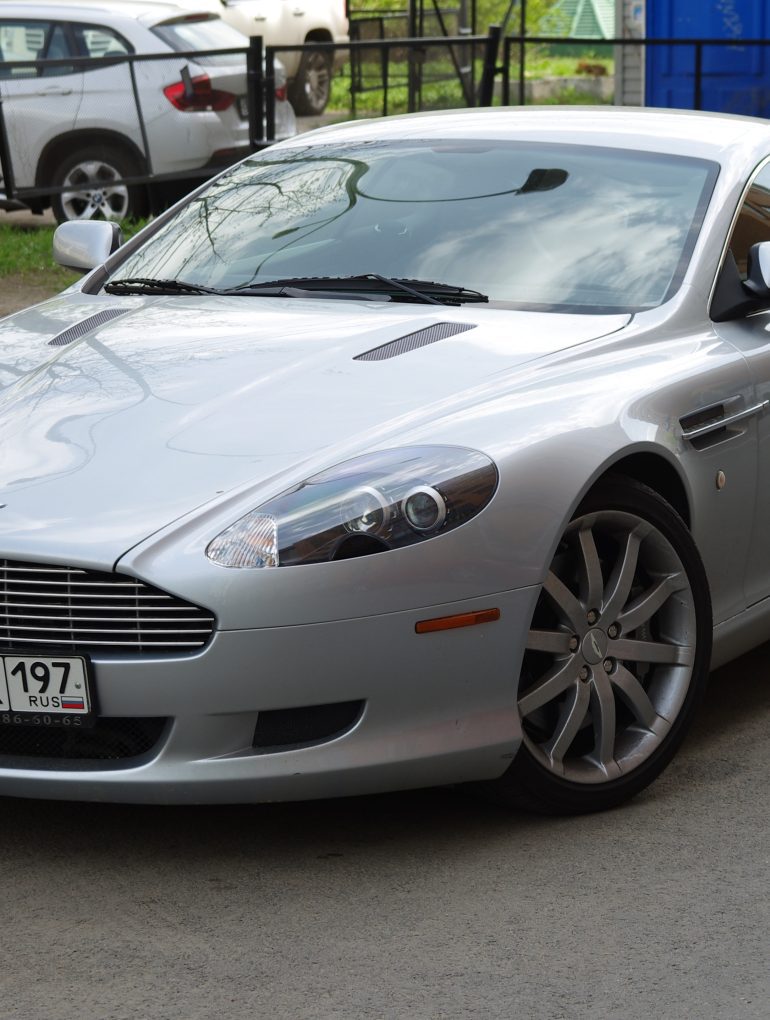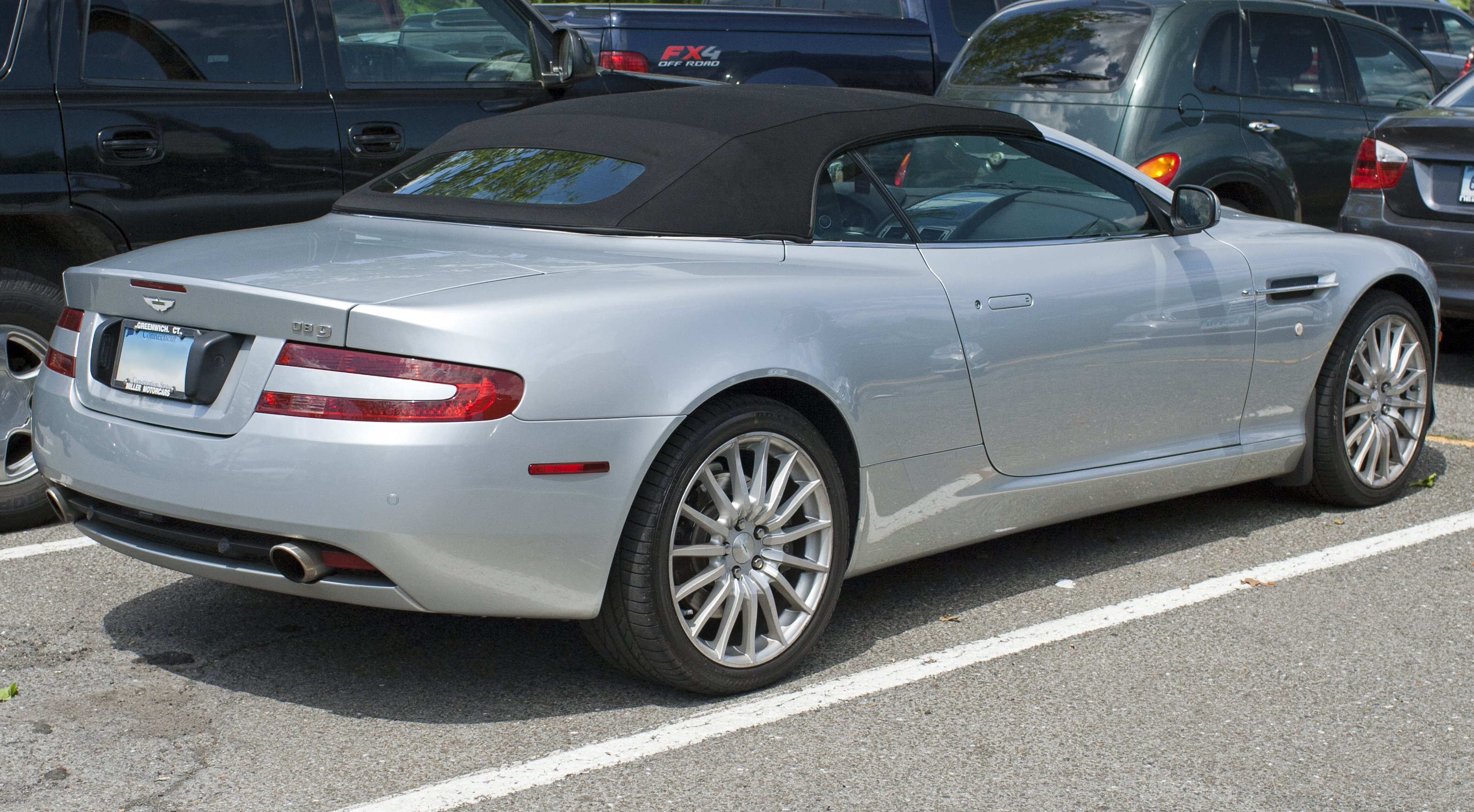Last summer, Aston Martin closed a significant chapter in its history by discontinuing its popular DB9 model. The car had arguably helped the brand redefine itself for the 21st century and is considered by many to be one of its most significant creations. It is worth taking a moment to remember its legacy.
Undoubtedly with DB9 inspired a lot of hope from its launch, first and foremost for its seemingly uncontested power to make the fading brand popular again; secondly, to cement an image of Aston Martin as a highly exclusive, luxury brand. It would not be too much of a stretch to say after a mediocre twenty years from the 1980s to 1990s with DB7’s undesirable flaws, the modern model was a breath of fresh air to the legendary British brand.
Customers were magnetized by the eye-catching design, especially the Henrik Fisker’s chassis, and the sumptuous interiors that felt every last bit like a high-end product. Beneath the hood is a 5.9-liter V12 engine, working with either a 6-speed manual or automatic transmission.
The first cars in the series boasted 444 horsepower, with a 0 to 100 acceleration time of just 4.8 seconds. The maximum speed was set at 299 km/h although some have claimed it can be pushed beyond 300 km/h. The manufacturer developed the innovative Vertical-Horizontal Platform as part of the exclusive (and expensive) Aston Martin V12 Vanquish, reducing the car’s weight by 25% while maintaining a more robust structure. In addition to the Coupe, the Cabrio (DB9 Volante) was also released. Riding on a crest of a wave, Aston Martin’s competitors were few and far between and when they did emerge they were the premier models of their own series, namely the Jaguar XKR and Bentley Continental GT.
The DB9 debuted at the Frankfurt Motor Show in 2003, underwent several changes and so-called face lifts. The most dramatic of those was the 2010 re-fit where the cooling system was improved, the bumper and lighting reconfigured and an advanced tire control system was introduced. Not to mention the Bluetooth add-on and a brand new wheel design. The engine size was also increased to reach 540 horsepower by 2015.
Due to the model’s discontinuation and the appearance of the new DB11 (2016), the car is not enjoying much popularity among celebrities who can afford to trade in their wheels on a frequent basis. Nevertheless, the enthusiasts remain, including distinguished poker player Barry Greenstein and legendary ex-Chelsea midfielder Frank Lampard. And the guys from BBC TV show Top Gear cannot get enough of the DB9.
The three presenters of the show actually had the DB9 star in a rather unusual experiment that saw ringleader Jeremy Clarkson trying to beat fellow presenters Richard Hammond and James May in a race from London to Monte Carlo. Clarkson traveled in the DB9. Hammond and May took the train, buses and walked. Clarkson naturally cinched a comfortable first place.
Speaking later in superlatives about the winning car, Clarkson emphasized its competitive edge in terms of overall design, design, gearbox, and price.
Either way, the end of an era is at large – which somewhat of a downer for collectors. Nonetheless, we are sure to see it rolling by on a road near us on some idle Tuesday and yes, it will take our breath away.





